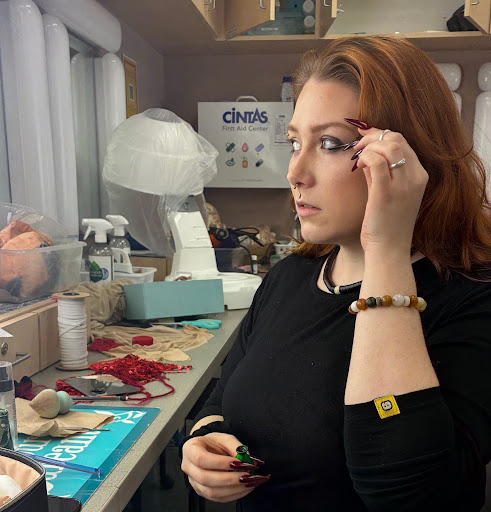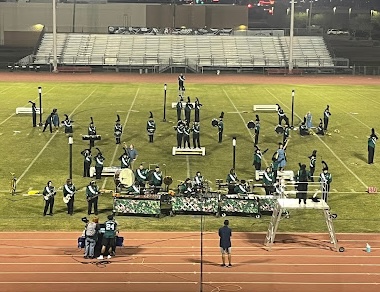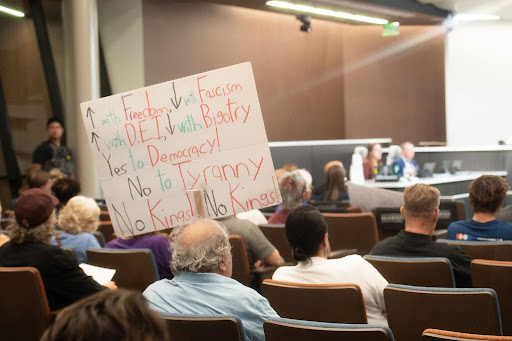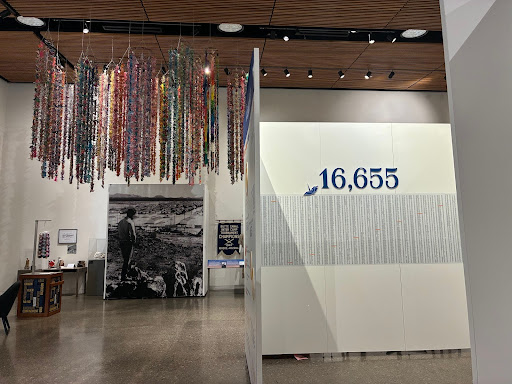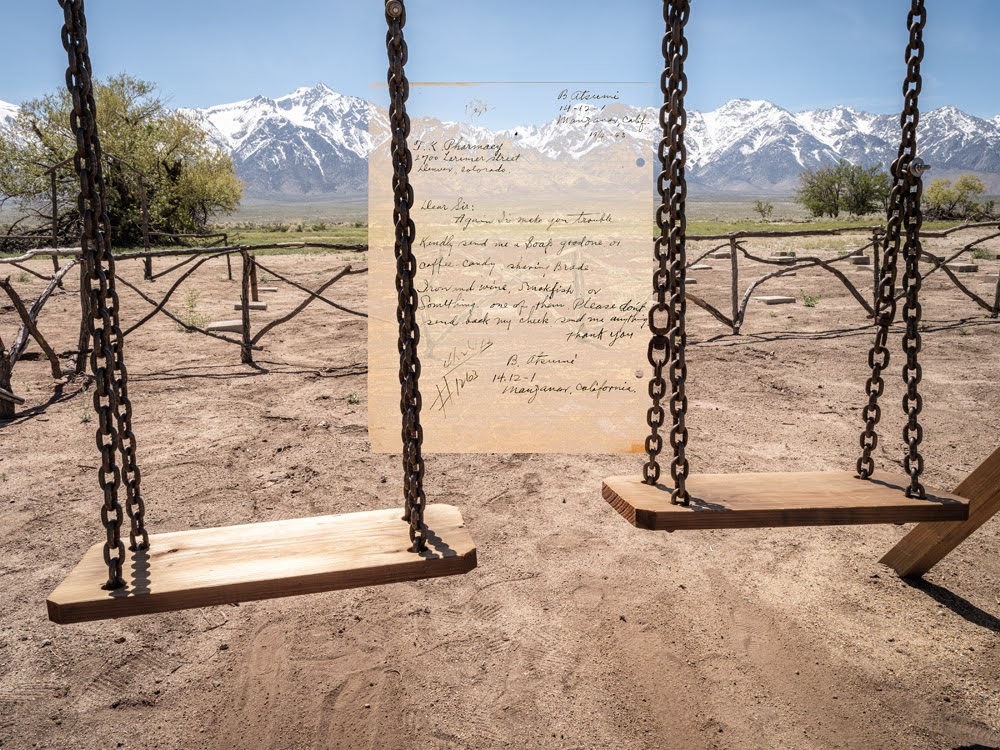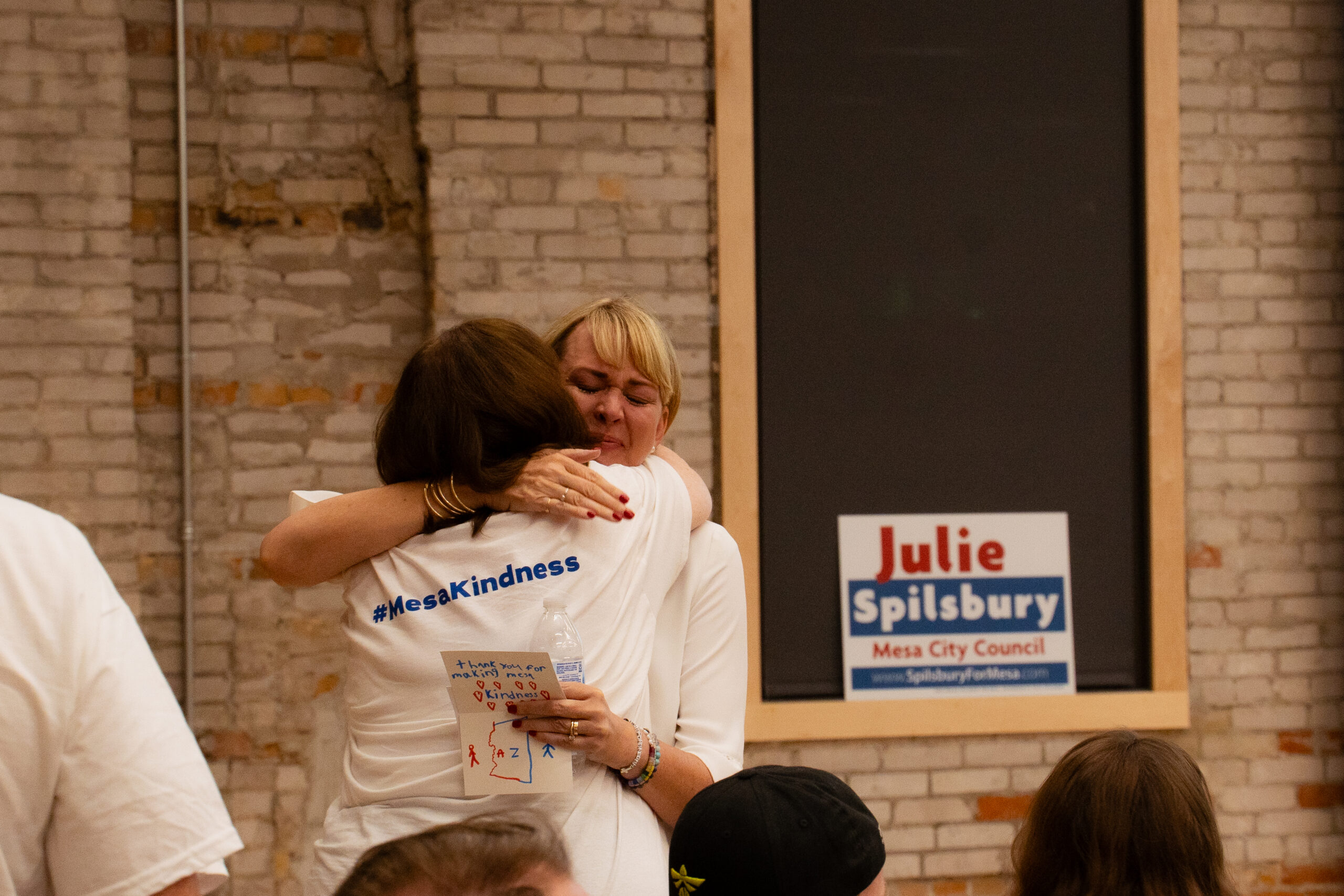ASU program combines engineering, community service
Kian Hagerman
For many who seek to affect change in the world, the Engineering Projects in Community Service (EPICS) program at ASU offers opportunities to do so.
Originating at Purdue University, ASU is one of 20 universities involved in the national EPICS program.
The national program offers methods for any institution to develop an EPICS program; schools have to apply, including information about the class or classes that will be offered and how the standards of the EPICS program are met.
“EPICS is a great opportunity for students to get involved and have a positive impact on their community. EPICS is designed to allow students to work on real projects positively impacting the lives of real people,” said Scott Shrake, EPICS director at ASU. “Students will actively work on refining their design skills, specifically through using a human centered design approach. It’s a strong class for professional development, building group and team working skills, presentation skills, etc.”
According to the EPICS@ASU website, volunteers and students in the program join teams that work on different projects with varying goals for not-for-profit organizations; the team Fiji Lights designed and created prototype sustainable lighting for the populace of Fiji.
“We have almost 40 active projects with 30-plus community partners on a local, national, and international scale,” Shrake said. “Engineering Smiles – a group partnering with the International Medical Alliance is developing a mobile dental surgical clinic for use in developing countries.”
Projects are designed to be long-term and consist of multiple team members, allowing students to gain skills associated with project teamwork and management.
The projects that EPICS teams tackle require the skills of many fields of study, which also allows students insight into these fields.
“We have projects with the cities of Tempe, Phoenix, and Goodyear, and work with nonprofits such as Arizona Science Center, Keep Phoenix Beautiful, Prescott Pines, Nonquistadora, STARS (Scottsdale Training and Rehabilitation Services), TCH (The Centers for Rehabilitation) and more,” Shrake said. “These are just a few of the many projects which fall in our primary focus areas: education, accessibility, sustainability, and community development.”
Students who enroll in EPICS courses receive academic credit for their effort on projects, with credit earned by meeting milestones on the project.
One of the unifying goals of the program is sustainability in their projects; teams are tasked with finding solutions and creating technologies that impact the environment as little as possible.
Those involved in the ASU EPICS program also have access to associated programs like the Edson Student Entrepreneur Initiative, which provides funding and office space to teams of students within all university disciplines for their projects.
Another source of funding for such projects is ASU Pitchfunder, a crowd funding program designed for ASU students; the EPICS team 33 Buckets used this method to raise more than $10,000, according to the Pitchfunder website.
“33 Buckets is a team working on improving water quality and accessibility for an all-girls school in Bangladesh and is looking to deliver their project this summer,” Shrake said.
For those interested in engineering or providing community service, the ASU EPICS program makes available the chance to gain experience practicing both.
“There’s a lot of great ways to get involved in EPICS-the best one is to be a student at ASU and enroll in our EPICS 1 introductory course,” Shrake said. “Additionally we have EPICS high school programs at five locations in the greater Phoenix area, and are in the process of continuing the expansion our EPICS high programs to additional schools in the Valley.”
Those not enrolled at ASU can also get involved if they are so inclined.
“We are always looking for additional nonprofits to work with and serve as community partners, and happy to have engineers and designers serve as mentors for the projects,” Shrake said.
To learn more about EPICS@ASU visit http://epics.engineering.asu.edu/.




